California CTE faculty improve student outcomes through quality teaching.
CUNY Chancellor Emeritus Remembrance of Vartan Gregorian
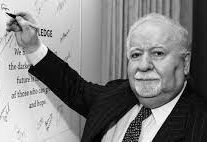
ACUE is saddened to mark the passing of Dr. Vartan Gregorian, a legendary figure in the world of education and long-time president of The Carnegie Corporation of New York. ACUE was first brought to Dr. Gregorian’s attention by CUNY Chancellor Emeritus, Matthew Goldstein, who received the Corporation’s 2007 Academic Leadership Award. Goldstein also served as […]
In California, Quality Teaching a ‘Crucial Lever’ in Cal State System’s graduation goals
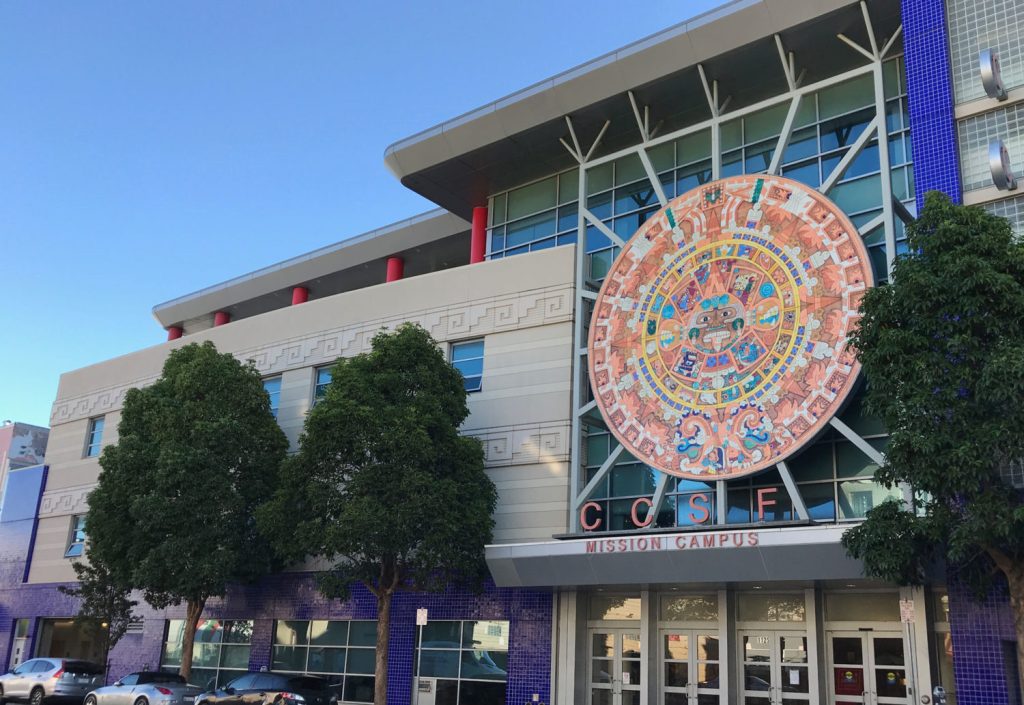
In California, the work to systematically overhaul remedial education is well underway. A new chapter began in 2017 with legislation and an executive order that compelled community colleges and many of the state’s public four-year institutions to end remedial education. Implementation of the policy-enabled changes is still early and far from complete. But the positive […]
Maricopa Takes Action to Meet the Needs of Adjunct Faculty

The Maricopa Community Colleges District partners with ACUE to improve support and connection for adjunct faculty members. In colleges across the nation, adjunct faculty play a pivotal role in student success by bringing industry expertise to the classroom and bridging the gap between curriculum and practice. However, it’s no secret that many adjunct faculty feel […]
Q&A with Every Learner Everywhere’s Jessica Rowland Williams
Q&A With Every Learner Everywhere’s Jessica Rowland Williams
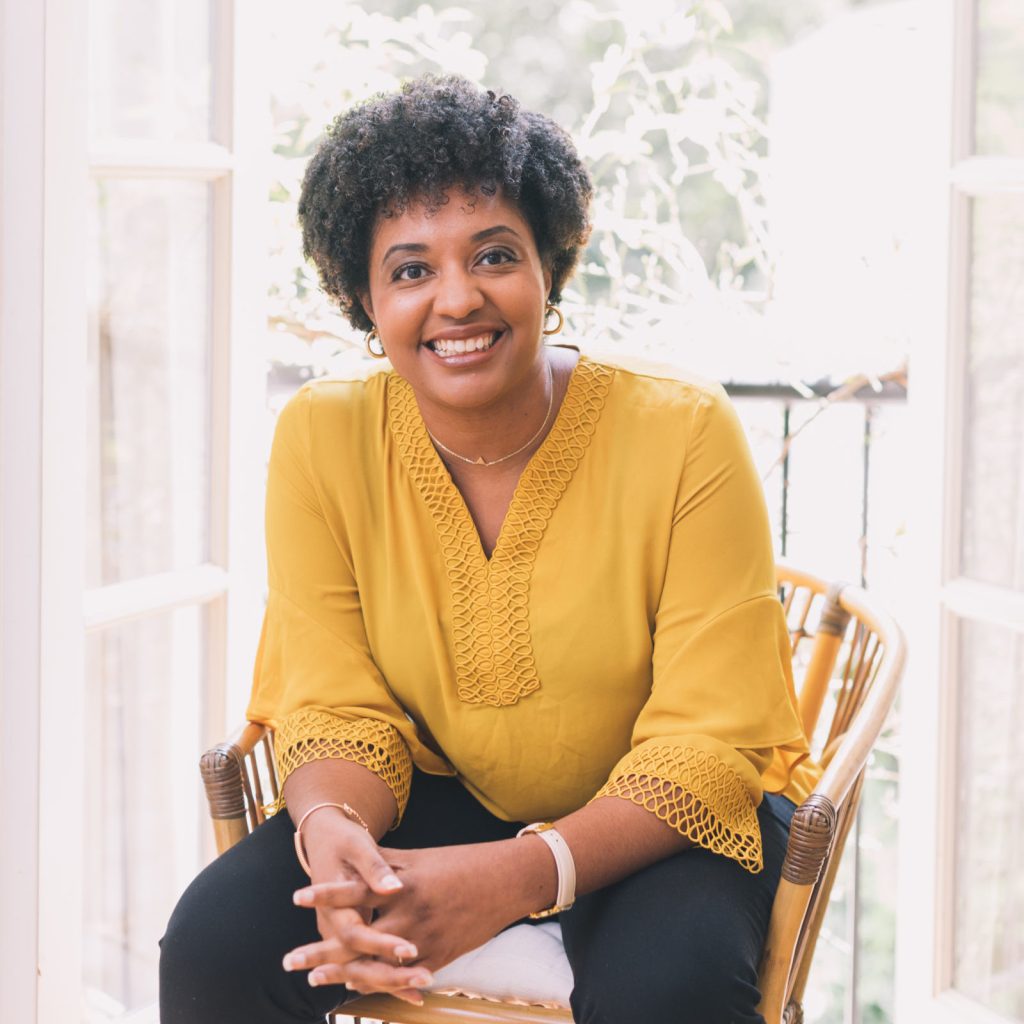
In January 2021, Every Learner Everywhere and Tyton Partners published a report to examine the ongoing impact of the COVID-19 pandemic on teaching and learning in higher education. The survey focused on gathering the perspectives and experiences of faculty teaching some of the highest-impact courses in higher education: introductory and gateway courses. In this interview, […]
Coffee, Community, and Curriculum

CCCAOE 2021: Success for Every Student Through Effective Teaching
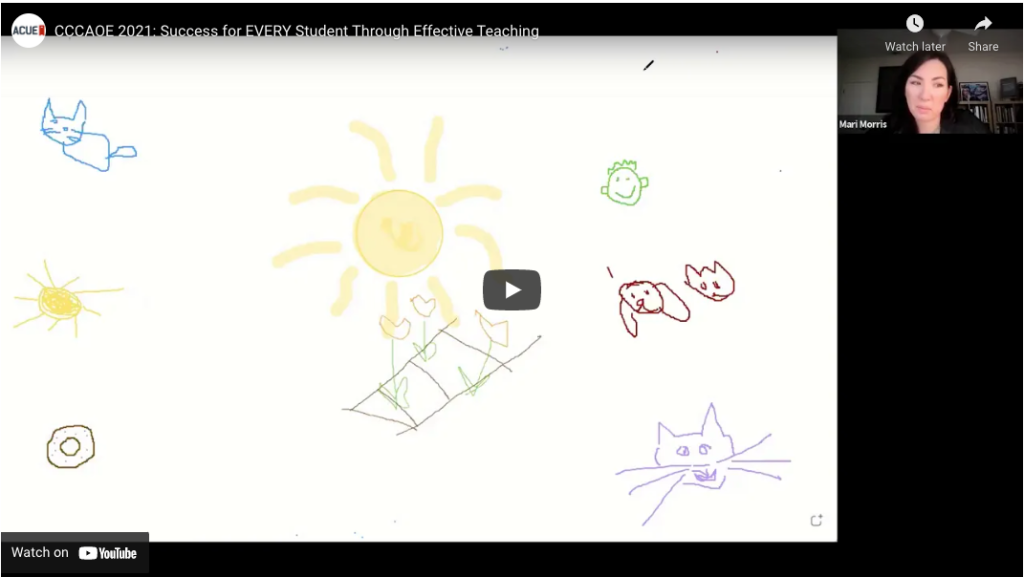
What’s something that made you smile recently? If you’re like faculty who took part in ACUE’s panel discussion from the California Community College Association for Occupational Education (CCCAOE) Conference, it could be the sun, cats, flowers, or maybe even a delicious donut. This Brain Warm-Up, which kicked off the event, is just one activity ACUE-certified […]
Florida College System Schools Creating Change
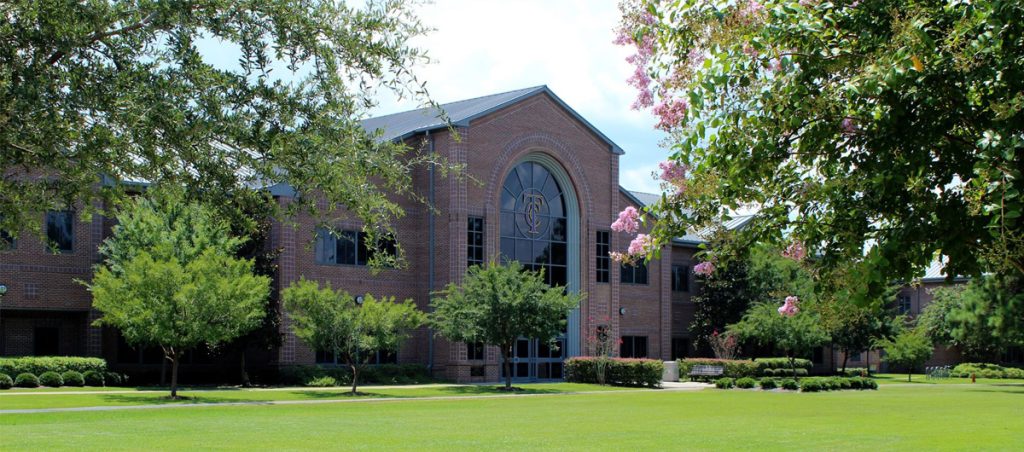
This piece is the third in a series spotlighting the impact that states, systems and higher education institutions are having when they engage faculty more fully in student success strategies, including the reform of developmental education. In 2013, Florida became one of the first states in the country to enact legislation to take significant […]
